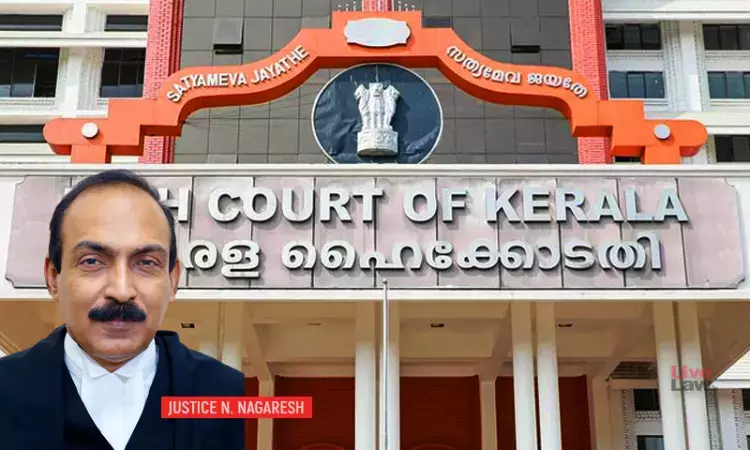The Kerala High Court on Friday laid down that mere uploading of an application under Section 96 of the Insolvency and Bankruptcy Code (IBC), 2016, cannot be regarded as filing of an application for the interim moratorium to operate. Section 96 of IBC provides that when an application is filed under Section 94, an interim moratorium shall commence on the date of the application in respect to...

